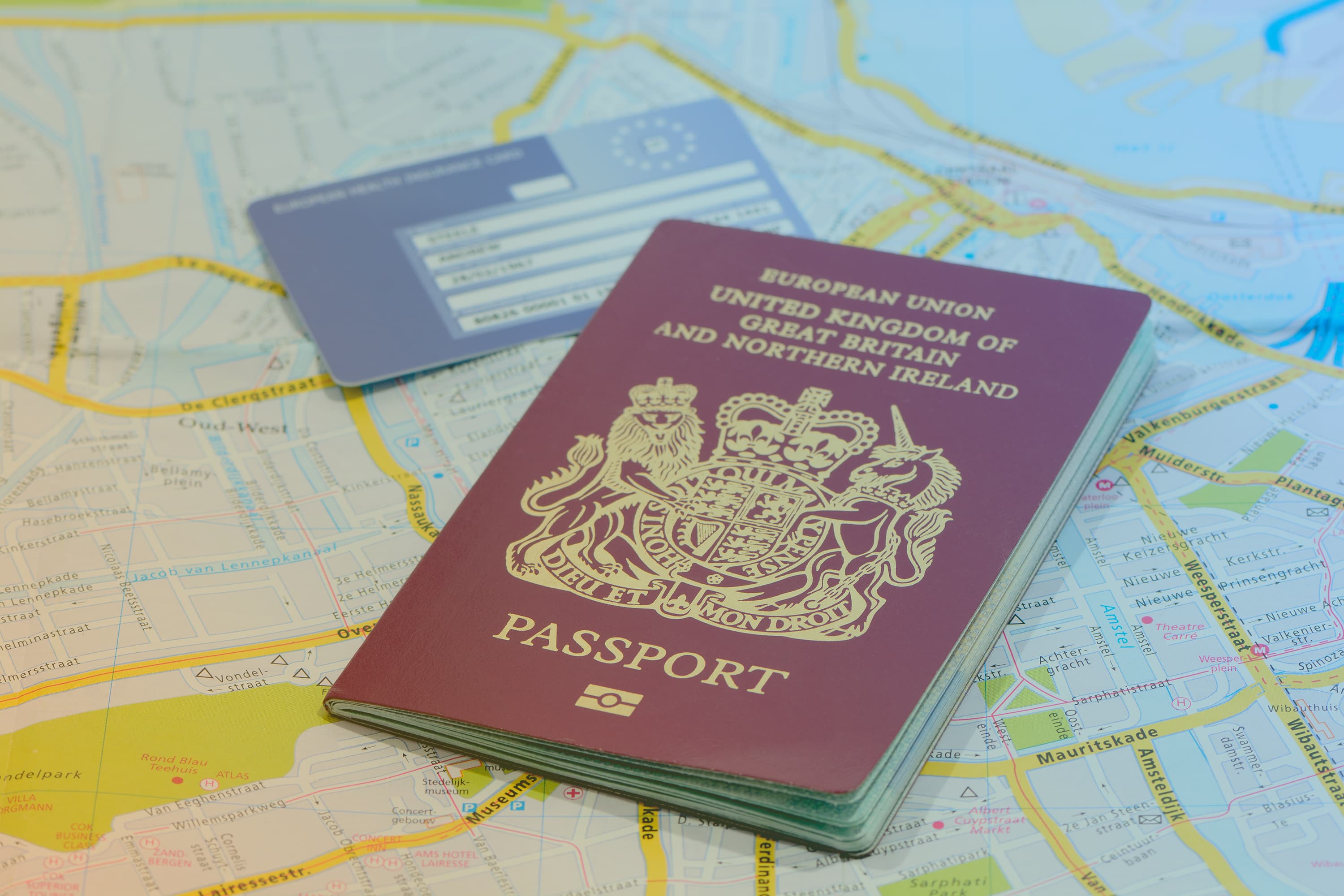Is AI your friend or foe? It’s a game-changer for cutting down paperwork and manual processes, but where do we draw the line when it comes to replacing human involvement? It’s a big debate, and it’s one worth exploring.
AI is impacting every industry worldwide, and recruitment is no exception. From sourcing talent to onboarding new hires, AI is now a vital tool for increasing efficiency, reducing costs, and enhancing hiring accuracy. When it comes to background checks – a non-negotiable part of safe and compliant recruitment – AI is already making waves. But what does its rise mean for processing essential pre-employment background checks including DBS, Right to Work, Adverse Credit, and Digital Identity Checks?
A recent study revealed that 95% of EMEA organisations are comfortable with background screening providers using AI or automation, showcasing a strong shift towards embracing this technology.
We’ll look at where we’re at now, the benefits of using AI, the challenges we might face, and where we’re headed in the near future.
Where do background checks stand today in the UK?
For businesses across the UK, pre-employment background checks are essential for ensuring candidates meet legal, ethical, and organisational requirements. They play a crucial role in safeguarding workplaces, reducing hiring risks, and maintaining compliance with laws.
Common background checks in the UK
- DBS (Disclosure and Barring Service): Essential for roles involving vulnerable individuals, these checks reveal a candidate’s criminal history and ensure safer working environments.
- Right to Work: Legally required to confirm a candidate’s ability to work in the UK through documents like passports or biometric residence permits.
- Identity and Digital Identity: Important for verifying candidates are who they claim to be, often using physical IDs or digital platforms.
- Adverse Credit Checks: Often required for roles managing finances, these checks highlight potential financial risks.
Challenges with traditional methods
While effective, traditional methods for background checks can be time-consuming and overly manual. For example:
- DBS checks can take weeks to process, delaying hiring timelines.
- Right to Work checks demand high accuracy but can be prone to human error.
- Physical documentation for identity checks feels outdated in our digital landscape.
These issues can prove especially challenging for SMEs trying to streamline recruitment without extensive HR teams or budgets. That’s where AI steps in.
Revolutionising background checks with AI – here’s how
AI tools are redefining background checks, offering businesses a faster, smarter, more reliable way to vet candidates. Here’s what AI brings to the table:
Lightning-fast processes
With AI, processes that once took days can be completed in hours, or even minutes if you’re extra lucky.
- AI can automate DBS checks, bypassing manual delays and swiftly cross-referencing criminal records.
- Right to Work verification tools integrate with government databases to check documents instantly.
- Digital Identity Checks use facial recognition and biometrics for real-time validation, eliminating the need for physical paperwork.
For SMEs and recruiters, this boost in speed can reduce hiring timelines considerably, helping them secure talent before their competition.
Accurate and bias-free decisions
AI minimises errors and ensures fairness by removing human bias from the equation.
- DBS checks benefit from AI’s ability to cross-check data against multiple sources.
- Algorithms standardise processes reducing mistakes and ensuring compliance.
- By analysing candidates against consistent criteria, AI promotes equal opportunities in hiring.
A better candidate experience
Long waiting periods for background checks can frustrate candidates and cause businesses to lose strong applicants. AI improves their experience by keeping things smooth and efficient.
- Automated systems frequently update without your HR team having to follow up manually.
- Tools that allow candidates to upload documents online or via an app create a simple, modern application process.
This streamlined approach helps SMEs and startups leave a strong impression on high-quality candidates.
Challenges and ethical considerations
You now know some benefits of AI, but it does also bring with it some challenges. As a business, you’ve got to use it responsibly and keep up with trends.
Data privacy and security
AI-driven background checks require handling sensitive personal data, which must remain secure.
- Your business needs to comply with GDPR regulations, ensuring you process personal data lawfully.
- You need strong cyber security measures to safeguard candidate information from breaches.
Transparency and ethics
AI systems can seem like a mystery, making their decision-making processes unclear.
- Algorithms trained on biased datasets could accidentally reproduce those biases.
- Regular audits and ethical standards in AI development are vital to prevent such risks.
Compliance with UK regulations
Using AI for background checks must align with UK laws, including DBS and Right to Work requirements.
- You should seek legal advice before integrating AI into your business’ hiring processes.
- Continuous monitoring of AI systems ensures you remain compliant as laws evolve.
What’s next? Emerging AI trends in background checks
AI is looking to progress with even more innovative developments in recruitment. Some trends we think you should watch out for are:
Continuous monitoring
- AI systems could offer ongoing DBS updates, alerting employers of changes in an employee’s record.
- Continuous credit monitoring could flag risks in financial positions.
Predictive analytics
- Advanced algorithms could assess patterns in a candidate’s application, flagging inconsistencies without manual intervention.
- Predictive tools could help recruiters decide whether candidates are a good fit for specific roles based on prior data.
These trends combine speed, accuracy, and security to make hiring smarter and safer – but they also demand businesses stay proactive in adapting to new technology.
Making smarter hiring decisions
AI is no longer a concept of the distant future. It’s already here and it’s transforming business around the UK with sourcing, hiring, and onboarding talent.
By pairing the efficiency and accuracy of AI with measures for privacy, ethics, and compliance, your business can truly modernise hiring processes.







